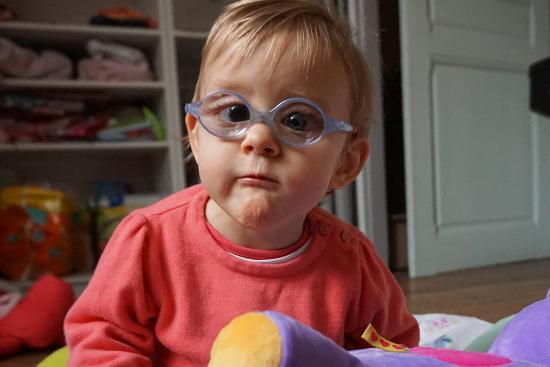Retinopathy of prematurity (ROP) is a serious eye disease that affects babies born prematurely. It causes abnormal growth of blood vessels in the retina, which can lead to retinal detachment and irreversible vision loss.
Early detection is crucial to protect the vision of at-risk newborns. In Turkey, ROP is managed by a specialized medical team that offers advanced treatments to prevent complications.







